Afghanistan: a country disconnected from the global financial system
Many thanks to Wahid Rahman Rahmani for his valuable contribution, and sharing the local situation in Afghanistan.
While it was estimated that at least 5.9 million Afghans lived outside the country in 2020 (Source), the Afghan diaspora has now largely increased due to the significant political and economic crisis that followed the Taliban takeover in 2021. In 2022, it is estimated that 90% of households did not get enough food (Source). Women are disproportionately affected by the crisis, as they are discriminated in accessing services including healthcare and financial services. In this context of hardship, remittances sent to families and friends are now more central than ever to Afghans’ livelihoods. Yet, the country is disconnected from the global financial system, precluding most formal remittances from flowing.
Financial services have far from recovered from the political and economic turmoil. Today, only limited amounts can be withdrawn by Afghans, as the country is undergoing a severe liquidity crisis. Afghanistan is isolated from the global financial system: banks and correspondent banks refuse to engage in transactions related to Afghanistan due to limiting compliance requirements. Local banks are often unable to do cross-border payments, with an estimated 70% rejection rate when doing outbound international remittance payments.
In 2021, the use of digital assets had often been seen as a solution to make money flow into the country, with both remittance services providers, NGOs and private individuals using stablecoins or cryptocurrencies to send money to Afghanistan. In 2022, this possibility was also shut down, as the use of digital assets has become an illegal act punished with a prison penalty.
Today, MoneyGram, Western Union and Ria offer the only possibilities to formally send remittances into the country, with fees varying between 4-7%. Still, the majority of inbound remittances flow through informal channels, with operations flowing through companies in Pakistan, the UAE, or Turkey. In fact, Hawala, as it functions outside of any regulatory framework, has always been the most adaptable service.
Today, it remains challenging to enter the Afghan market as a licensed remittance service provider wanting to disburse international remittances. Nevertheless, the entrance of more companies into the market is extremely important, to enable diaspora remittances to safely flow into a country that is facing an unparalleled economic and humanitarian crisis. Other solutions can include the usage of Afghan Mobile Wallets (EMI), or partnerships between Afghan services providers and international remittance companies to put in place alternative settlement methods.
As the financial sanctions are affecting all Afghans’ livelihoods, there is an urgent need for both private and public stakeholders to engage in actions enabling Afghans to access funds again.







